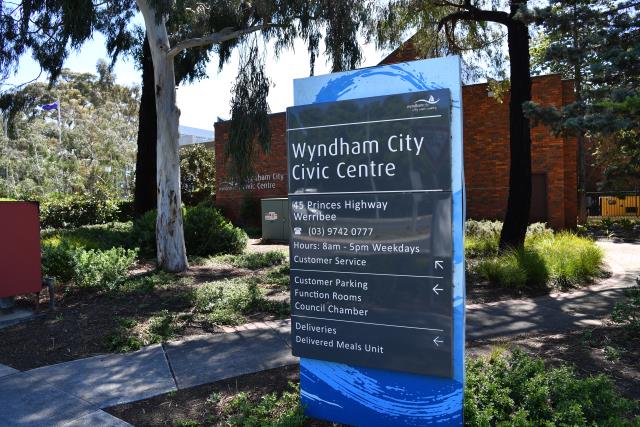Ice and alcohol are pushing up ambulance call-outs and attendances at emergency departments in Wyndham.
The latest report by the Turning Point drug and alcohol centre shows non-amphetamine drug-related ambulance call-outs leapt 35 per cent in 2013-14, while amphetamine/ice-related hospital attendances surged 50 per cent.
The report, based on data from Ambulance Victoria, said there were 38 ice-related ambulance attendances in Wyndham in that year – up from 28 the previous year.
Amphetamine attendances rose from 31 in 2012-13 to 51 in 2013-14, while attendances for alcohol-related matters rose from 251 in 2012-13 to 277.
Werribee Mercy Hospital also recorded a spike in drug and alcohol-affected people seeking treatment, with the number of ice-affected patients jumping from 67 in 2013-14 to 215.
The hospital treated 794 alcohol- affected patients in 2014-15, up from 463 the year before.
Turning Point’s head of research and workforce development, Belinda Lloyd, said the increase in ice-related ambulance attendances was a worrying trend.
“Healthcare organisations, law enforcement agencies, government and the community in general have certainly made a concerted effort to tackle the issue of ice,” Associate Professor Lloyd said. “But we still need to get the message out there about the dangers involved when you use crystal methamphetamine.”
Werribee Mercy Hospital’s health services chief executive, Dr Linda Mellors said the rise in drug and alcohol- affected patients presenting to the hospital’s emergency department could be due to the lack of drug and alcohol drop-in centres in Wyndham.
She said people presenting to the hospital for alcohol or ice-related use required specialist treatment for their substance abuse problems, which could often manifest as a medical or psychiatric emergency.
Associate Professor Lloyd also expressed concern about the number of alcohol-related ambulance attendances.
“While ice has been getting warranted attention, it’s important that people are also reminded about the harmful effects of excessive alcohol consumption,” she said.
















